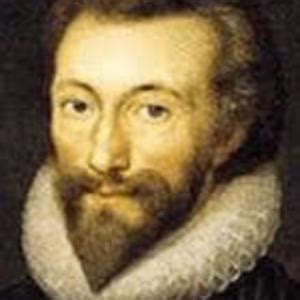A Quote by John Locke
A criminal who, having renounced reason ... hath, by the unjust violence and slaughter he hath committed upon one, declared war against all mankind, and therefore may be destroyed as a lion or tiger, one of those wild savage beasts with whom men can have no society nor security.
Related Quotes
O eloquent, just, and mighty Death! whom none could advise, thou hast persuaded; what none hath dared, thou hast done; and whom all the world hath flattered, thou only hath cast out of the world and despised. Thou hast drawn together all the far-stretched greatness, all the pride, cruelty, and ambition of man, and covered it all over with these two narrow words, Hic jacet!
...the act of eating,which hath by several wise men been considered as extremely mean and derogatory from the philosophic dignity, must be in some measure performed by the greatest prince, hero, or philosopher upon earth; nay, sometimes Nature hath been so frolicsome as to exact of these dignified characters a much more exorbitant share of this office than she hath obliged those of the lowest orders to perform.
Industry need not wish, and he that lives upon hopes will die fasting. There are no gains without pains. He that hath a trade hath an estate, and he that hath a calling hath an office of profit and honor; but then the trade must be worked at and the calling followed, or neither the estate nor the office will enable us to pay our taxes. If we are industrious, we shall never starve; for at the workingman's house hunger looks in, but dares not enter. Nor will the bailiff or the constable enter, for industry pays debts, while idleness and neglect increase them.
And because the condition of Man, (as hath been declared in the precedent Chapter) is a condition of Warre of every one against everyone; in which case every one is governed by his own Reason; and there is nothing he can make use of, that may not be a help unto him, in preserving his life against his enemyes; It followeth, that in such a condition, every man has a Right to every thing; even to one anothers body.
The magnitude of the punishment matches the magnitude of the sin. Now a sin that is against God is infinite; the higher the person against whom it is committed, the graver the sin-it is more criminal to strike a head of state than a private citizen-and God is of infinite greatness. Therefore an infinite punishment is deserved for a sin committed against Him.





































